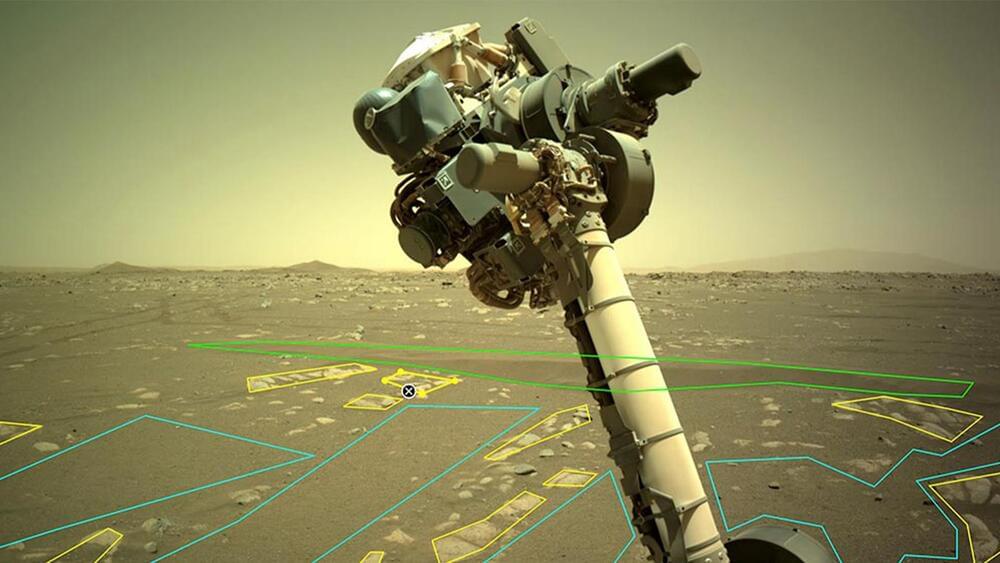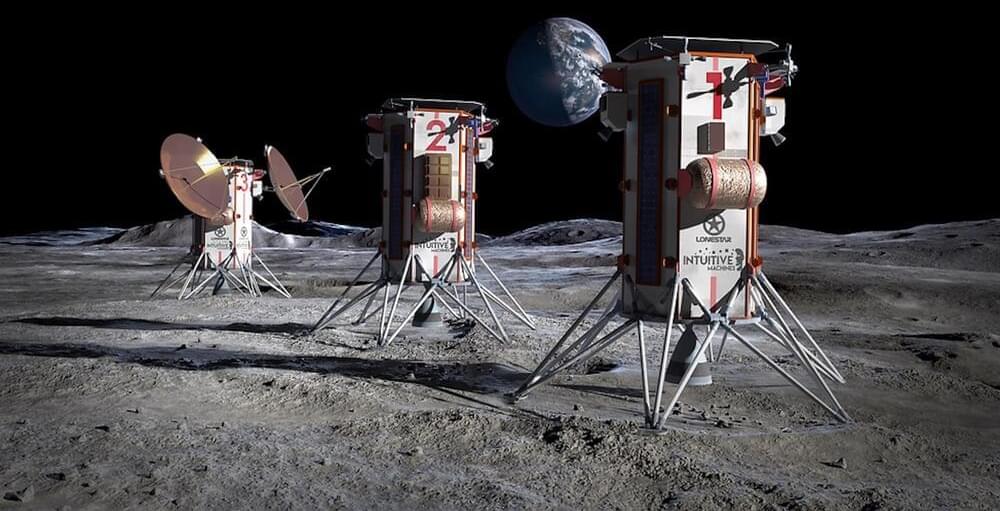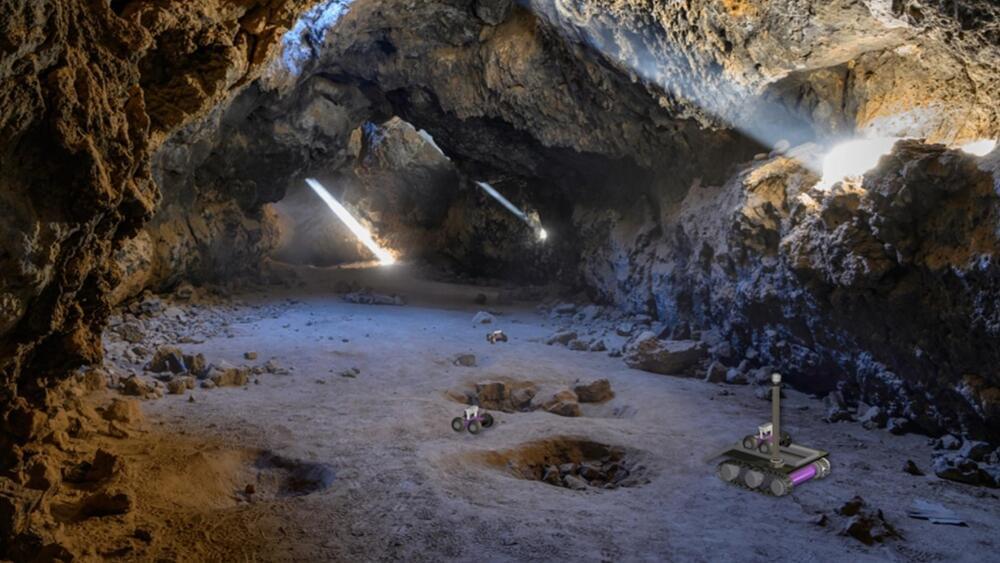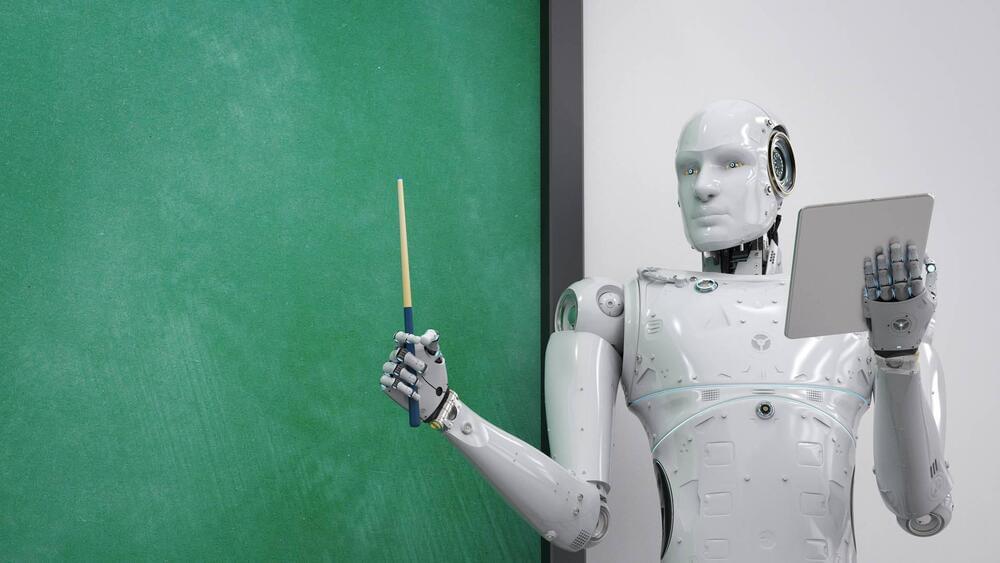The development represents “an important advance in extraterrestrial research, in which biology has often lagged behind chemistry and geology.”
A new study has revealed a new way to enhance the search for aliens on Mars by teaching artificial intelligence to detect sites that could contain “biosignatures.”
And so, the researchers trained a deep learning framework to map biosignatures in a three-square-kilometer area of Chile’s Atacama Desert… More.
NASA/JPL-Caltech.
According to NASA, a biosignature is any “characteristic, element, molecule, substance, or feature that can be used as evidence for past or present life.” But before testing such a tool on Mars or other worlds, they need to be tested on Earth first.









